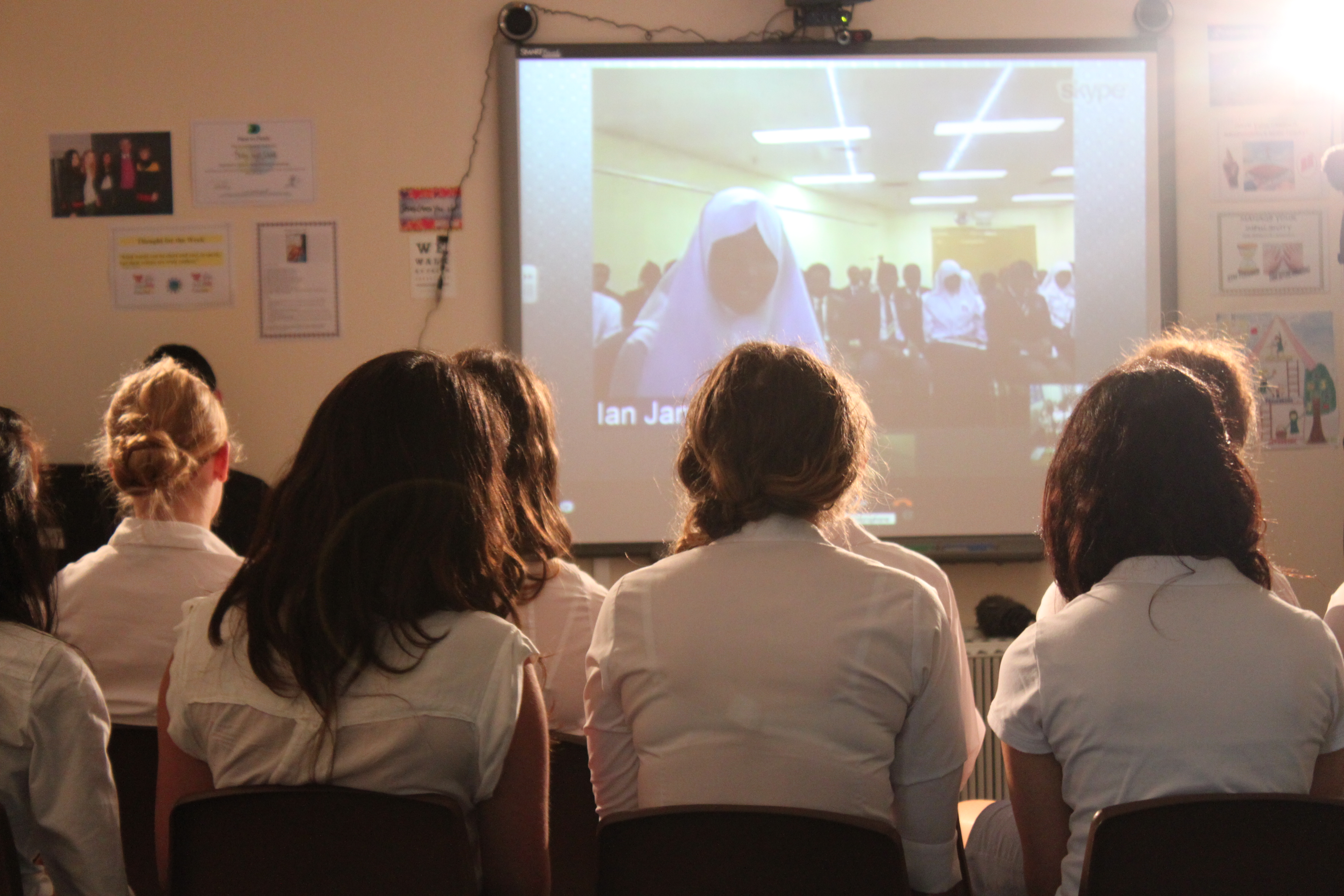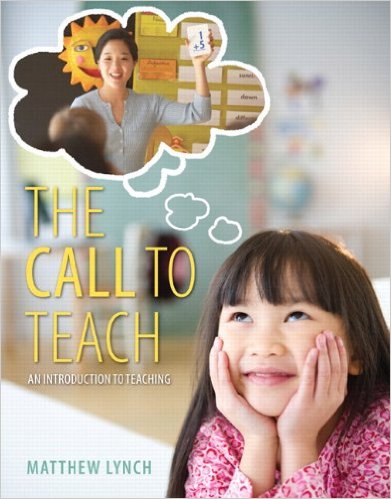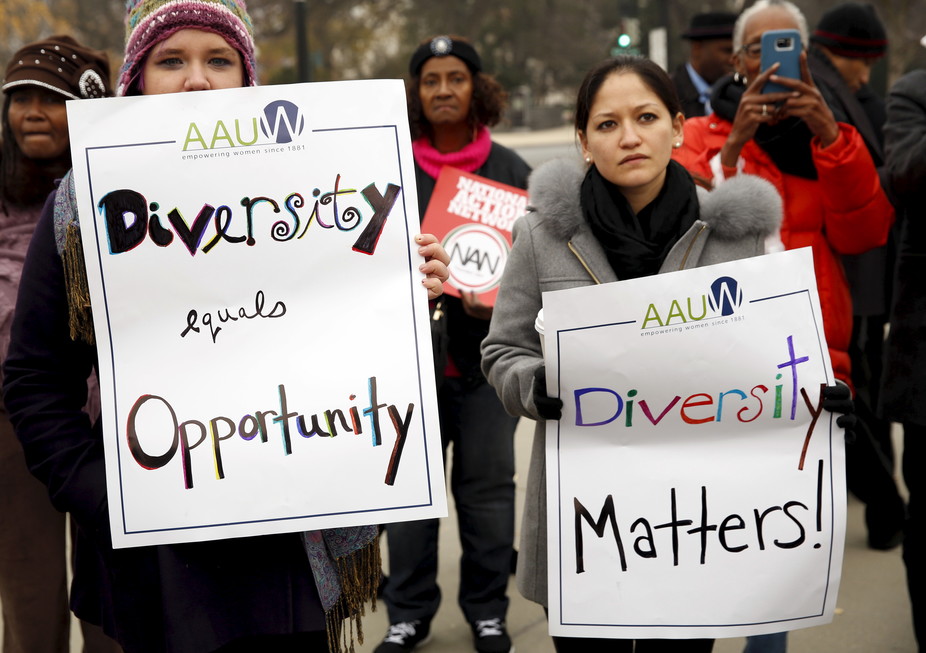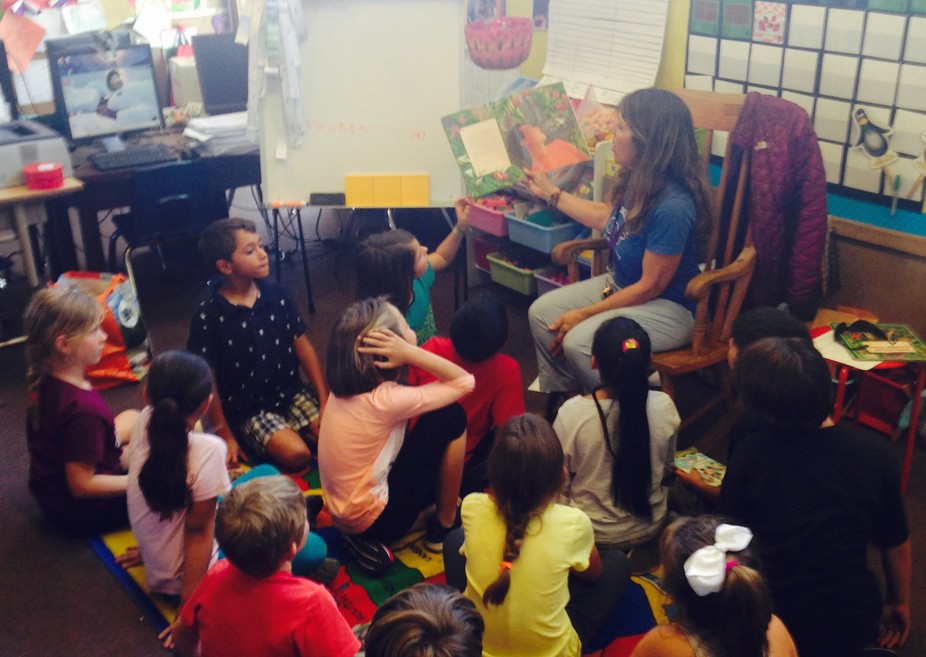Educators: How to Understand Religious Freedom and Your School District’s Rights

The question of “religion and public schools” is one that still rages hot across the country. How to talk about religion (or whether to talk about religion) brings up the questions around reconciling the internal conflict of the First Amendment. Should more be allowed, or less? What does “being just” really look like in this situation?
Allowing students religious freedom is part of ethical teaching. A great deal of importance was not attached to religious freedom until public schools made it mandatory for students to take part in religious practices such as saying prayers. This was in fact constitutional until Abington School District v. Schempp case brought the issue to the forefront and the Supreme Court ruled that forcing Bible reading and prayer on students was unconstitutional. This verdict came after the Engel v. Vitale verdict, in which recitation of a nondenominational prayer and Bible reading were regarded as violating the clauses of the First Amendment. According to the ruling, the distinction between compulsory and voluntary participation in religious activities was blurred, and that could not be tolerated in the legal sense. Students could under no circumstances be pressured into participating in such activities.
The law’s stance on recitation of prayers in public schools was tested in the Supreme Court in the Lee v. Weisman case. The case involved a student who opposed the recital of a benediction and invocation by a rabbi at a middle school graduation function. The court made its decision based on more than one factor in this case. First, it considered the fact that exercises like graduation ceremonies are not obligatory for students in terms of attendance and, as such, a student may choose not to attend on the basis of his or her opposition to the benediction. The court also considered that a graduation is such a huge event in a student’s life and represents the culmination of many years of hard work, so in that context, it is hardly only voluntary. The case was not decided solely on this point, however. The court concluded that including clergy and prayers as part of public school graduation ceremonies was unconstitutional. And because the religious inclinations of the particular school official in this case directed his decision, he was to be held responsible for the unlawful act.
Another consideration in this discussion pertains to situations where students, and not school officials, select the prayer or the person who is to deliver the prayer at after-school events. Santa Fe Independent School District v. Doe sheds light on this situation. The court ruled in this particular case that even student-initiated prayers at football games were a violation of the law, for the same reason indicated in the Lee v. Weisman case. In the court’s opinion, the public event required the mandatory presence of a large number of students, and thus could not be used as a means for religious expression. Extracurricular religious clubs operating in American public schools are, however, legal in the eyes of the law. While a U.S. Circuit Court of Appeals did contest the decision in one case, the Supreme Court decided that the existence of these clubs in American public schools is acceptable. As a result, under the Equal Access Act, there is nothing unlawful in schools providing a venue for student religious groups for their meetings. Two premises add weight to this view:
1. The school is providing a limited public access for other noncurriculum student groups, which makes access for these groups completely just.
2. The act does not lead to the violation of the constitutional separation of church and state in any manner.
Good News Club v. Milford Central School District supports the Equal Access Act. The case revolved around the running of a private Christian organization’s activities for children in a school building after school hours. The court maintained that because the school district had already adopted a policy of broad community access to its schools, the operations of the Good News Club on school premises was acceptable. The verdict also made it clear that the decision would stand despite the fact that adults and teachers, and not students, in this case directed the club. The use of religious texts has also been a concern when looking at religious freedom. It has been clearly asserted that while religious texts could not be used for teaching or advocating religion per se, they could be used to shed light on the relationship between religion and other areas of study such as literature and history. This decision was made in view of the fact that religion plays a part in learning about social life, literature, history, and politics in different historical periods.
So what about religious freedom and secular humanism?
The perception among many Christian groups that public schools propagate secular humanism is more than just a superficial belief. The public school as a site of secular humanism is very controversial, with a plethora of issues that find their way into many aspects of schooling, including the curriculum. For example, there have historically been debates on what should be taught about the origins of the human race in public schools. One of the most famous of these cases was the 1927 Scopes case in Tennessee, in which John Scopes, a biology teacher, was charged with breaking a state law by teaching the theory of evolution to students. Scopes was found guilty. However, the verdict was overturned on a technicality, and he never served jail time for breaking the law.
Rather than make teaching evolution theory unlawful, states moved to have both evolution and creationism taught in public schools. The 1981 passage of the Balanced Treatment for Creation Science and Evolution Science Act in Arkansas and Louisiana required public schools to teach both creationism and evolution side by side. The laws were contested as unconstitutional. The U.S. District Court of Arkansas’ ruling in McLean v. Arkansas Board of Education declared that creation science was a religion and violated the Establishment Clause of the First Amendment. The Supreme Court later concluded that Louisiana’s Balanced Treatment Act also violated the Establishment Clause. Efforts to have multiple views of the origin of the human race taught in public schools have not subsided. Today, debates take place on whether evolution and intelligent design should be taught in public schools alongside each other, or whether evolution should be taught alone. While evolution theory is devoid of religious connotations, it has been argued that intelligent design is a circuitous way of substantiating the existence of God (because God is believed to be the intelligent designer) and having this view presented in schools.
Because debates on whether evolution, creationism, or intelligent design should be taught in public schools have not abated, it’s likely that we haven’t seen the final legal contests and decisions on this issue. Contention still exists between those who believe public schools have become anti-religious and are promoting secularism and those who are opposed to schools’ teaching a religious point of view.
In 1997, the White House directed the Department of Education to issue a directive on religion in the public schools as a step to settle the matter. The guidelines state:
1. Public schools should remain detached and secluded from the religious beliefs of students or their families.
2. The mode of conduct in public school environments should accord respect to each religion and should allow all forms of religious expression that are permissible by law and do not hurt anyone’s religious sentiments.
3. Under no circumstances should teachers or school officials advocate any particular religion in the school premises.
4. Routine student prayers are not acceptable, but the provision of a moment of silence before the school begins in the morning should be made to students for silent prayer. School religious clubs are legitimate and can hold meetings on the school premises. And expression of their religious sentiments through, for example, school newspapers and bulletin boards is acceptable.
These guidelines have succeeded in finding a new common ground between religious expression and religious freedom and have done much to correct the perception that schools are hostile to religion.
Figuring out how to best incorporate the beliefs of students and their families into a public school setting is a process that will take time. In the mean time, teachers should be aware of what their school’s specific guidelines are, and should do their best to support all students in being themselves and learning to their fullest potential.





